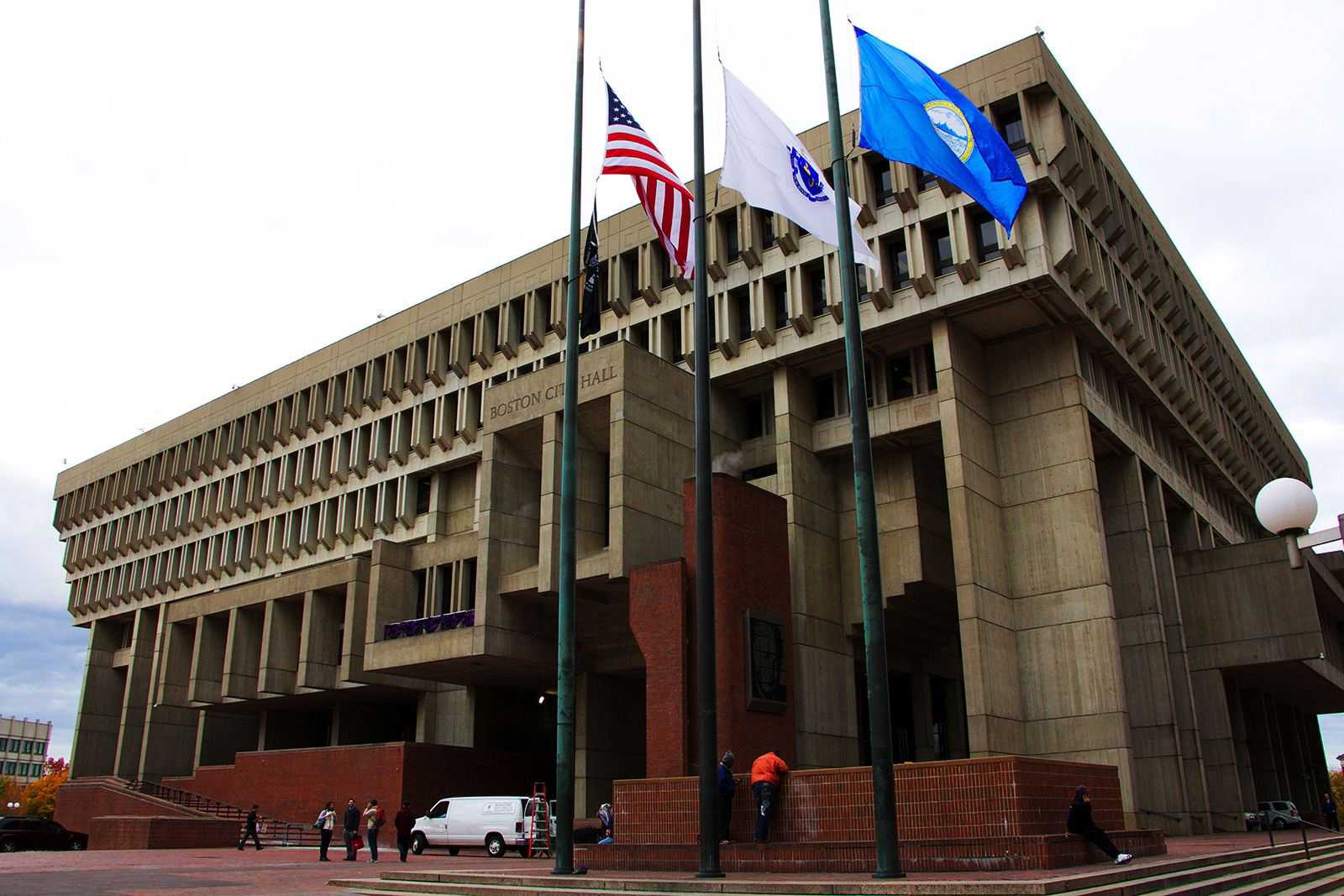Boston’s first-ever commission created to address issues facing Black men and boys in the city was signed into establishment last week by Acting Mayor Kim Janey, after unanimous approval from the City Council and endorsements of local advocates.
The Black Men and Boys Commission will advise the Mayor on issues such as mental, physical and sexual health, national origin, sexual orientation and gender identity, violence prevention and employment, according to the Sept. 23 ordinance.
“Black men and boys deserve dedicated advocacy to address health equity, economic opportunity and other disparities in our City,” Janey said in a press release. “As the first Black Mayor of Boston, I know representation matters.”
The ordinance, offered by City Councilor-at-Large Julia Mejia, stated the commission will consist of 21 Black members appointed by the Mayor, including two youth seats.
“We have the opportunity to make history,” Mejia is quoted saying in the release. “This ordinance matters because Black men and boys matter.”
Former District 7 City Councilor Tito Jackson introduced the idea for the commission in 2014, and it was unanimously passed by City Council — only to be vetoed by then-Mayor Martin Walsh.
With the project succeeding on its second attempt, Jackson was recognized at the ordinance’s signing ceremony.
“I have chills today after finding out that the legislation that I originally authored in 2014, a Commission on the Status of Black Men & Boys passed today,” Jackson said in a Tweet. “Brothers, our time has come.”
Omari Jahi Aarons, president of the National African American Insurance Association Boston Chapter and a BU grad student, said he was “thrilled” that Mejia and Councilor Ricardo Arroyo brought the measure back to council.
“Seven years ago when this didn’t get signed into law by Mayor Walsh, I think there was a lot of disappointment from the Black and brown community in Boston,” Aarons said. “It’s been a long time coming, but I am glad to see that the commission has been now signed into law.”
Director of Political Advocacy of Black Boston Alexandria Onuoha said she saw Walsh’s veto as an excuse to not actively fund and do the work to dismantle intersecting systems of oppression.
Onuoha praised Mejia as one of the reasons the commission may go “above and beyond” to engage with and understand the Black community this time around.
“In order to curate or like generate an initiative that is effective, you have to be integrated in the community,” Onuoha said. “She has had conversations with political advocates at Black Boston and she is so immersed in community engagement and just youth perspectives.”
Aarons noted how the commission aims to address the lack of representation for Black men in academic institutions, in upper management of corporations and positions of leadership at nonprofits in Boston.
The commission is charged with working alongside the Office of Civil Rights to assure representation of Black men and boys at all levels of City government, as well as performing outreach to community groups.
“I’m most excited about this commission because in a lot of the spaces where I’ve worked after 15 years in corporate America, and actually now being back in academia, Black men are missing from the table,” Aarons said.
Black men and boys also disproportionately face the negative impacts of violence, according to the ordinance. A 2018 study published in The Washington Post found that Boston has the widest gap in arrest rates for white and Black victims of homicide.
“If we’re going to have a commission about Black boys that’s actually promoting their well-being and giving them opportunities and creating change within the community, we need to really talk about police reform,” Onuoha said.
The commission will serve as an outlet for Black men and boys to safely express their opinions and a reliable source of “information, advocacy and action,” according to the ordinance.
“We have a responsibility and an obligation to continue the work of uplifting the lived experiences of Black men and boys to ensure that we are designing all spaces from a framework of equity and justice,” the ordinance read.
With the commission signed into local law, Onuoha said she is pushing for a similar opportunity for Boston’s Black women and girls, especially to help the City address the ongoing crisis of missing Black girls and girls of color.
“I really hope we have more commissions and initiatives that support Black girls and women because I think Boston needs more legal protections for [them],” Onuoha said.
Although she thinks the commission is “a great step in the right direction,” Onuoha said she wants to see actual change being implemented.
“I’m hoping that they actually do all of the things that they’re saying because our Black boys and men are suffering in the community,” Onuoha said.
Multiple organizations in the Boston area, particularly those focusing on Black youth, will be “great beneficiaries” of the commission, Aarons said.
“I’m a strong proponent of community and that when we do things together, we get more done,” Aarons said. “I think the commission is one way in which we partner with multiple organizations in Boston that serve Black and brown youth.”
This article was updated on Oct. 1 to correct references to “Omari Jahi” to source’s full name “Omari Jahi Aarons”.























































































































